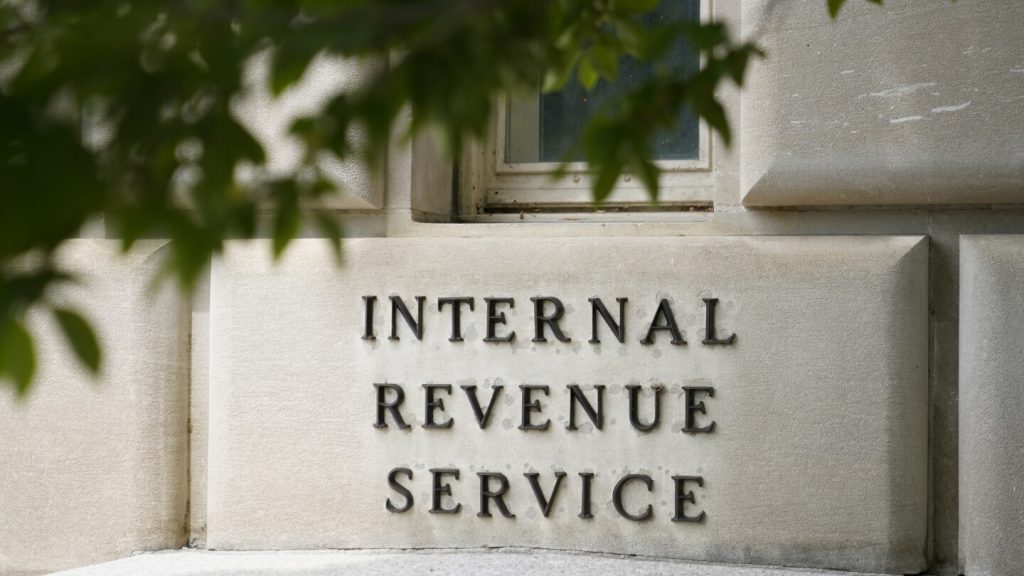The IRS has announced that it will make permanent its free electronic tax return filing system, Direct File, which was tested during the 2024 tax season. The agency is urging all 50 states and the District of Columbia to participate in the program in 2025, allowing taxpayers to file their federal and state returns for free. The Direct File project was initially tested in 12 states for individuals with simple W-2 forms, resulting in over 140,000 taxpayers using the system and claiming $90 million in refunds. IRS Commissioner Danny Werfel emphasized that expanding the program will provide taxpayers with another filing option and align with the agency’s goal of simplifying the tax filing process.
The Direct File initiative was part of the IRS’s mandate under the Inflation Reduction Act signed into law by President Joe Biden in 2022. The Act allocated $15 million to the IRS to explore creating a “direct file” system, with the goal of providing better support to taxpayers. Treasury Secretary Janet Yellen highlighted the importance of adequately funding the IRS to ensure taxpayers receive the necessary assistance. The program aims to make tax filing easier and more accessible to Americans, ultimately saving them time and money. The IRS plans to release a report later this year on the number of states that will participate in the program in 2025.
However, the Direct File program has faced opposition from private tax preparation companies, which have profited from charging individuals to use their software. These companies have spent millions lobbying Congress against the program, arguing that it is unnecessary given the existing free filing options available. Critics contend that taxpayers can already file their taxes for free through various avenues, such as traditional mail or online free-file programs for certain income levels. Despite the pushback, supporters of the Direct File system assert that it provides a valuable service to taxpayers by offering a simplified and cost-effective way to file their taxes.
Advocates for the expansion of the Direct File program, such as the left-leaning Economic Security Project, view the initiative as a step towards promoting free and simplified tax filing for all Americans. This development aligns with efforts to make tax compliance more accessible and user-friendly. However, ongoing funding for the program under the Inflation Reduction Act is crucial for its continued growth and success. Lawmakers have diverted some of the initial funding allocated for the IRS to other programs, raising concerns about the program’s sustainability. The IRS will need to navigate these challenges to ensure the continued availability of the Direct File system for taxpayers.
With the announcement of the program’s permanence and expansion, the IRS is taking steps to address longstanding challenges in tax filing and make the process more equitable for all taxpayers. By providing a free electronic filing option, the agency is responding to the needs of individuals who may have previously faced barriers to accessing traditional tax preparation services. Moving forward, collaboration with state tax agencies and ongoing support from policymakers will be essential to ensure the success and sustainability of the Direct File program. Taxpayers can expect further updates from the IRS regarding the implementation and participation of states in the program for the next tax season.


